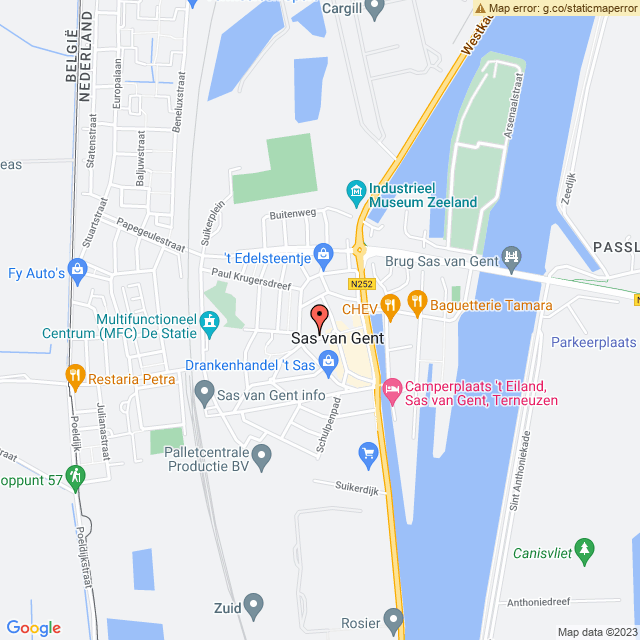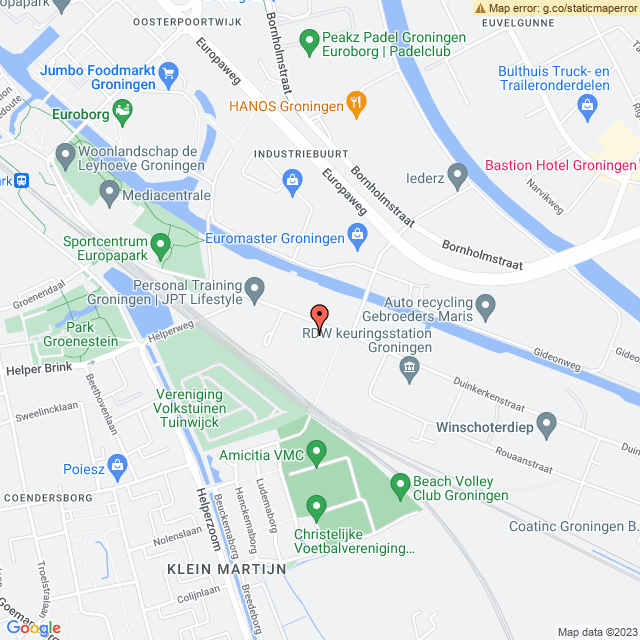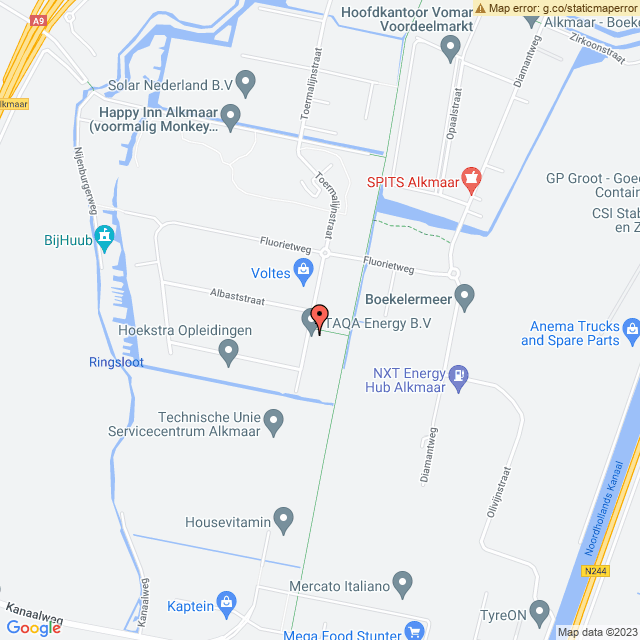Dutch priority in plant health research and innovation aims to protect crops from harmful pests and diseases. However, chemical control is, to date, the essential component in disease management. The increasing concern of consumers and the Dutch government about the use of toxic chemical pesticides force growers to explore new environmentally friendly methods. Dutch agri-food sector has the commitment to reduce the use of chemical products and implement new biological control strategies to complement preventative disease management through increased crop resilience.
In recent decades, the development of biological control products, successfully produced by public-private partnerships, has enlarged the biocontrol market, which has an annual growth rate of 16%. This biocontrol market will eventually overtake the pesticide market, which has an annual growth rate of less than 3%. However, most of the biological alternatives currently available are more expensive and less effective than the chemical pesticides, yet there is a significant gap between what bio-solutions can offer and what growers actually need.
In order to close this gap, Maastricht based SME BioMosae, selected a special Pseudomonas strain (BM-1) with high promising antagonistic properties against diseases and potential to trigger plant defence, and developed a novel enzymatic active ingredient Canto@ based on the enzyme chitinase a.o. and produced by the selected strain and its biochemical compounds.
The ability of Pseudomonas strains to trigger plant defence has been demonstrated before by WUR in different studies. Ecological properties of a specific Pseudomonas strain P9 were published in Andreote et al. (2009). Strain P9 has been applied in many experiments with potato and tomato plants. In general, it has been shown that strain P9 is able to induce shifts in microbiome composition in roots and endosphere of tomato and tomato plants. Furthermore, it has been shown in running PPS projects that strain P9 induces shifts in secondary metabolite composition in potato and tomato plants upon inoculation. Based on these observations, it is presumed that some Pseudomonas strains are capable to trigger plant defence, increasing their resistance towards plant pathogens.
This project is a follow-up of a feasibility study for the development of a new generation of biological crop protection products based on the strain BM-1 and the enzymatic extract produced. The results and outcome of the previous study in which Wageningen University & Research was also involved, showed promising results for application and productivity of the specific bacterial strain (BM-1) as well as for the efficacy of the product, benchmarked against biological equivalents.
BioMosae’s first product version of Canto@ showed moderate to good efficacy in lab screenings against various Phytophthora species like P. infestans. Recent greenhouse trials showed good to high efficacy of various BioMosae product samples against Botrytis cinera in Gerbera.
The overall aim of this project is to provide sustainable and market-competitive solutions for effective and affordable disease control. This project, together with activities in parallel from BioMosae, will move the technology readiness level from Proof of Principle stage up to TRL5-6, by boosting the development of the two biosolutions proposed by BioMosae, the BM-1 strain and the enzymatic extract produced, against potato late blight (caused by P. infestans) and proving that the new products will meet market requirements in terms of applicability, efficacy and costs. To achieve this main objective, the following specific objectives are proposed: (1) demonstrating the efficacy of the bacterial strain (BM-1) and the enzymatic extract produced against potato late blight under controlled greenhouse conditions and (2) study the Modes of Action of BM-1 strain and enzymatic extract produced using novel ‘omics technologies’, for optimum timing and targeting to achieve maximum impact on the addressed pathogens.
The introduction and use of BM-1 strain and enzymatic extract produced in the disease management of Dutch crops, where no adequate biological alternatives are currently available, will (i) improve soil quality by replacing and reducing the use of chemical pesticides, (ii) help growers to reduce losses caused by diseases, increasing crop yields by 5-10% and (iii) have a positive impact on the environment.





















